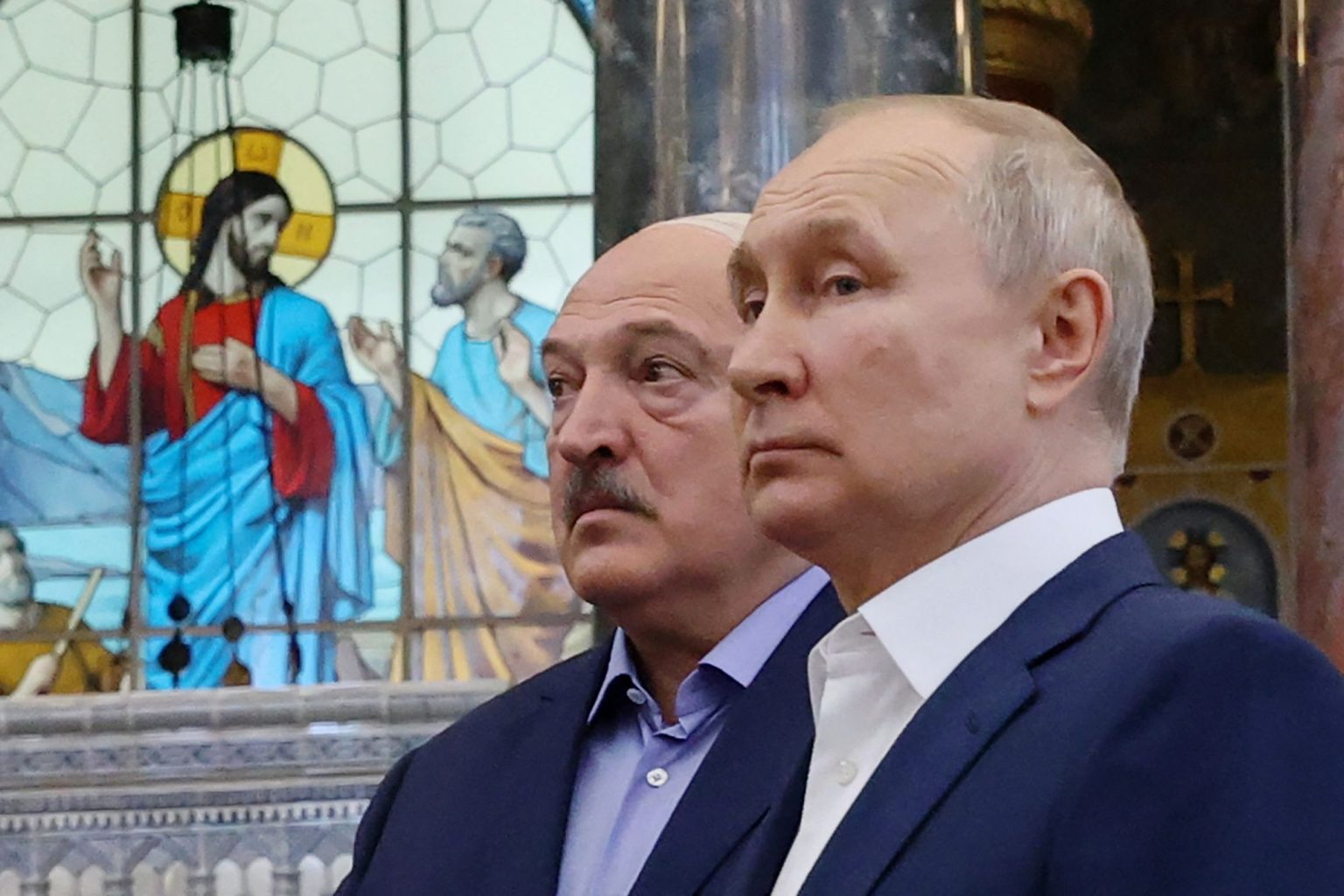The European Union ambassadors, under the Belgian Presidency of the Council of the European Union, agreed on a new sanction package targeting Belarus, announced on June 26. This new package is aimed at strengthening measures in response to Russia’s invasion of Ukraine, including combating the circumvention of existing sanctions. The EU Council adopted the 14th round of sanctions against Russia on June 24, adding 116 individuals and entities to the sanctions list and implementing additional measures to restrict profits from Russia’s energy industry. The new package also includes prohibiting any EU facilities from being involved in the transshipment of Russian liquefied natural gas (LNG) to third-party countries.
European Commission President Ursula von der Leyen welcomed the introduction of new sanctions to Belarus, emphasizing the need to close the loophole that Belarus presents for Russia to circumvent sanctions. Belarus has been a key ally to Moscow and has supported Russian aggression against Ukraine, although it has not deployed its own forces directly into hostilities. The country is also reportedly hosting Russian tactical nuclear arms on its territory. The new sanctions package aims to align measures on dual-use goods such as chips in basic appliances, advanced technology, and military wares. It also prevents Belarus from exporting its potash and other agricultural goods through Europe in the event of price spikes.
Since January 2023, the EU has been working on resolving the sanctions imposed on Belarus, with the country’s major potash exports being a significant point of contention. The updated restrictions in the latest sanctions package aim to address this issue and prevent Belarus from being used as a route for circumventing sanctions against Russia. The package also includes measures to restrict the export of Belarusian potash and other agricultural goods through Europe, further tightening the economic pressure on both Belarus and Russia. The EU views Belarus as one of the biggest loopholes for Russia to evade sanctions, and the new measures are intended to make the sanctions against Russia more effective.
The new sanctions package represents a significant step in the EU’s efforts to respond to Russian aggression in Ukraine and prevent the circumvention of existing sanctions. By targeting Belarus as a key ally to Russia, the EU aims to apply more pressure on both countries and close off avenues for evading sanctions. The package includes measures to restrict Belarus from exporting key goods through Europe, addressing concerns about the country’s role in supporting Russian activities in the region. The EU’s ongoing efforts to impose sanctions and tighten restrictions on key sectors such as energy and agriculture demonstrate a commitment to holding Russia and its allies accountable for their actions in Ukraine and beyond.
Overall, the new sanctions package announced by the European Union ambassadors underlines the EU’s commitment to supporting Ukraine in the face of Russian aggression. By targeting Belarus and implementing measures to prevent the circumvention of sanctions, the EU is taking proactive steps to strengthen its response to the conflict in Ukraine. The restrictions on key sectors and the alignment of measures on dual-use goods aim to make the sanctions more effective and increase pressure on both Belarus and Russia. With ongoing diplomatic efforts and coordinated actions, the EU is working to address the challenges posed by Russian aggression and support independent journalism in Ukraine.


